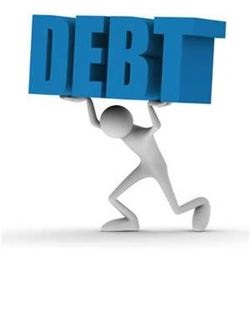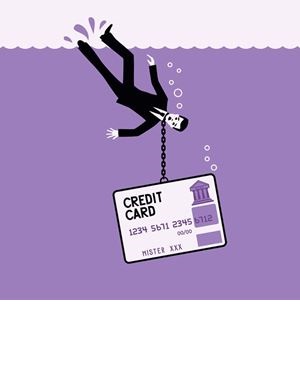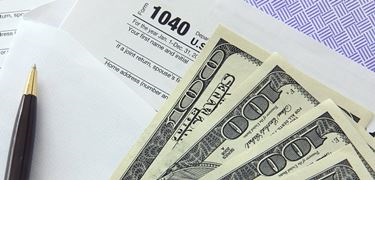It’s one thing to knowingly make decisions that hurt your credit score. We’ve all been there, and sometimes tough decisions must be made. But it’s an entirely different situation to accidentally wreck your credit. After your debt program is complete pay attention to the following to help maintain a good credit score.
In some cases, we make decisions without realizing the impact on our credit. In other cases we may know that certain decisions can hurt our score, but we don’t appreciate the severity of the impact. Either way, maintaining good credit requires more than casual attention.
It is entirely possible that you could be accidentally wrecking your credit, and here are some of the ways that you could be doing just that.
1. Not Paying Attention to Your Credit Balances
Good credit is about more than just paying bills on time. About 30% of your credit score is based on your amount of debt, which includes your credit utilization. That’s the ratio of how much you owe on your credit lines divided by the total credit limit of those lines. For example, if you have total credit lines of $40,000, and you have a total outstanding balance of $10,000, your credit utilization ratio is 25% ($10,000 divided by $40,000).
If that ratio exceeds 30%, it can have a negative impact on your credit score. If you are casual about your credit balances, they can slowly creep up to 40%, 50%, 60% or more. At that point, you may see your credit scores begin to sink.
2. Closing Accounts
A lot of people make it a habit of closing out any credit cards that they pay off. From a credit perspective, however, this can have a negative impact. Though it seems counter-intuitive, a paid in full line of credit or credit card is a positive contributor to your credit score, even if you stopped using the account.
This brings us back to credit utilization. If you pay off a credit card that has a line of $5,000, that available credit is contributing to the total amount of credit you have available. That will improve your credit utilization ratio. Closing the card will lower your available credit, increase your overall credit utilization, and potentially lower your credit score.
3. Co-Signing Loans
Co-signing loans is another area where people are often very casual. They often assume that they are just doing a good deed to help a friend or family member, and may even mistakenly believe that it’s simply a one-time event.
But when you co-sign a loan, you will be involved in that loan and that loan will be on your credit report until it is fully paid. In the event that the primary borrower makes a late payment, this will have an impact on your credit score. Worse, should the loan go into default, this will also show up on your credit.
4. Applying for Too Many Lines of Credit
If you have good credit, it’s likely that you are getting bombarded with credit offers in the mail on a weekly basis. If you are in the habit of applying for the better ones every month or so, you could be unknowingly hurting your credit.
Credit inquiries account for 10% of your overall credit score. While this is the least significant factor, these hard pulls — as they are called — can ding your credit. Consider the impact these inquiries can have the next time you consider a 0% credit card offer or bonus miles sign-up deal.
5. Not Monitoring Your Credit Scores
One of the best ways to know if you are hurting your credit is by monitoring your credit scores. Credit scores change on at least a monthly basis, but typically stay within a tight range. A significant drop in your scores, say more than 25 or 30 points, is an indication that something is wrong. You won’t know about the drop, however, unless you are paying attention to your credit scores on a regular basis.
A significant drop in your score could be an indication that your credit utilization ratio is getting too high. It can also indicate an unsuspected late payment. Errors are also possible when it comes to credit. And at the extreme, a big drop in your credit score could be an indication that you are the victim of identity theft.
You won’t know any of these unless you are monitoring your credit scores on a regular basis. Unfortunately, ignorance is not bliss when it comes to your credit. You shouldn’t obsess about it, but at the same time, you should never be too casual about it, either. Bad things can happen when you’re not paying attention.






